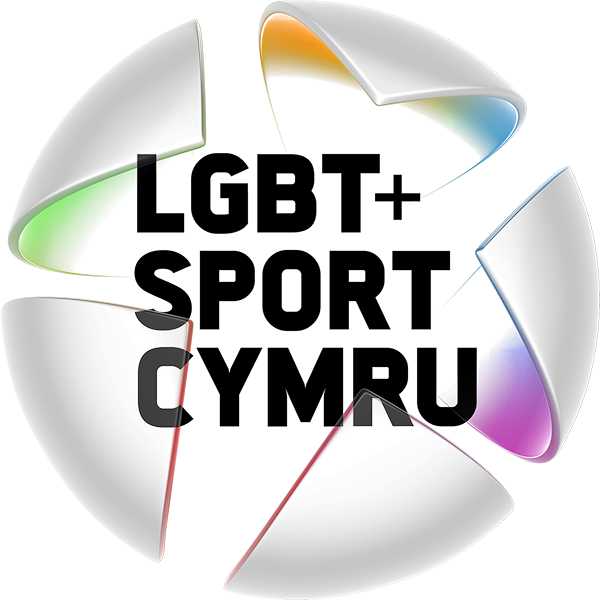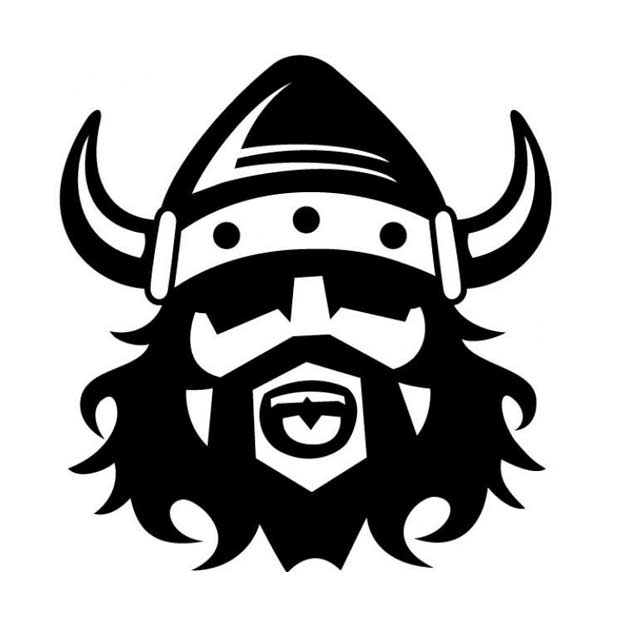Max Harvey gives his thoughts on LGB&T sport
After writing a few pieces on my experience with sport and exercise, the LGB&T Sport Cymru team asked if I would pen my thoughts on LGB&T people in sport.
This isn’t written from an LGB&T point of view, but based on my own experiences on sport and feeling like an outsider (a feeling many people can relate to I’m sure). Apologies in advance for what is a longer than normal post by the way.
As I’ve said before, I didn’t enjoy sport much as a child and my experience at school was not a positive one. I was (unbelievable as it might seem) a quiet, bookish child. A nerd/geek/dweeb type. Sport is a social function and part of the reason I didn’t get involved as much as I could have when I was younger is due to a lack of social confidence. There were the ‘cool’ kids and then there were the rest of us. The ‘cool’ ones were fiercely mainstream and any deviance from the accepted ‘norm’ could spell a place on the side lines.
This is where my world and the LGBT world overlaps. I wasn’t mainstream as I was too quiet and preferred books to bunking off. The mainstream boy culture was about chasing girls and being as much of a ‘man’ as possible, which included sporting prowess, but definitely not homosexuality.
I’m sure my school was not alone in having the word ‘gay’ and a million variants, used as pejorative terms. And when they were thrown at me (as they were at everyone at some point), I was hurt. Not because being gay was a bad thing (I doubt I understood it really), but because you knew that the terms were intended to hurt and humiliate. How much more hurtful would they have been if I was gay myself? I honestly can’t imagine.
I had gay friends at school (probably more than I was actually aware of) and, like me, they often found solace and open minds within the arts fraternity, rather than on a pitch. I don’t personally think that sport is homophobic in and of itself, but from an early age, I found it to be a common platform for the confident, mainstream kids to score social points, with little room for self-expression. The most popular boys at school dated the prettiest girls and hit the most sixes.
Viewing sport wholly as a competitive activity, especially with young people, can inhibit inclusivity as someone’s differences can be wielded as weapons against them, and a weakened opponent is easier to defeat. Without maturity, fairness can be pushed aside if it stands in the way of sporting success. The appeal of sport for me though is its ability to bring people together, regardless of background, culture or ability.
And what can we do to improve inclusivity? And what can I do? Homophobia is an issue in society, not just sport, but sport has the potential to be a both a particular problem area and also a place where a difference can be made. As a heterosexual man a key thing I can do is to not stand by when homophobic terms are used. Sadly, the sport I love most, football, can be one of the worst culprits. You can’t chastise or challenge a whole crowd, but if the person next to you uses a homophobic slur, I will say something to them. In itself it may do little, but it enough people challenge this kind of language, it can make a difference. I’m not about to suggest that football crowds can’t be racist for example, but you wouldn’t hear the same language now as you would some 10-20 years ago. Things can improve.
I’ve heard homophobic language in my five a side league (only once, luckily) and I challenged the man on it at the time. I said that I wasn’t happy with him saying what he’d said, and I’d report him to the league organisers if he continued. He wasn’t happy, but he did stop. Straight away. He may have done it again the next week of course, but if he gets challenged EVERY time, it might stop. And that’s another step in the right direction.
Essentially, part of what LGBT Sport Cymru stand for is the same thing. It’s about putting the message out clearly that homophobia, biphobia and transphobia are unacceptable. Full stop. They partner with the major sports to make a stand that is clear and united. If a governing body says it’s unacceptable, players and teams say it’s unacceptable AND we as fans do the same, there’s nowhere for the closed-minded, the bullies, to go.
If you heard your partner, your daughter, your son or your friend use racist language, there’s a good chance you’d react. Hopefully you’d say that it wasn’t right and was offensive. But would you say the same about homophobic language? I hope so. It’s no less damaging and has just as much place in a decent society, and that of course, is no place at all.

